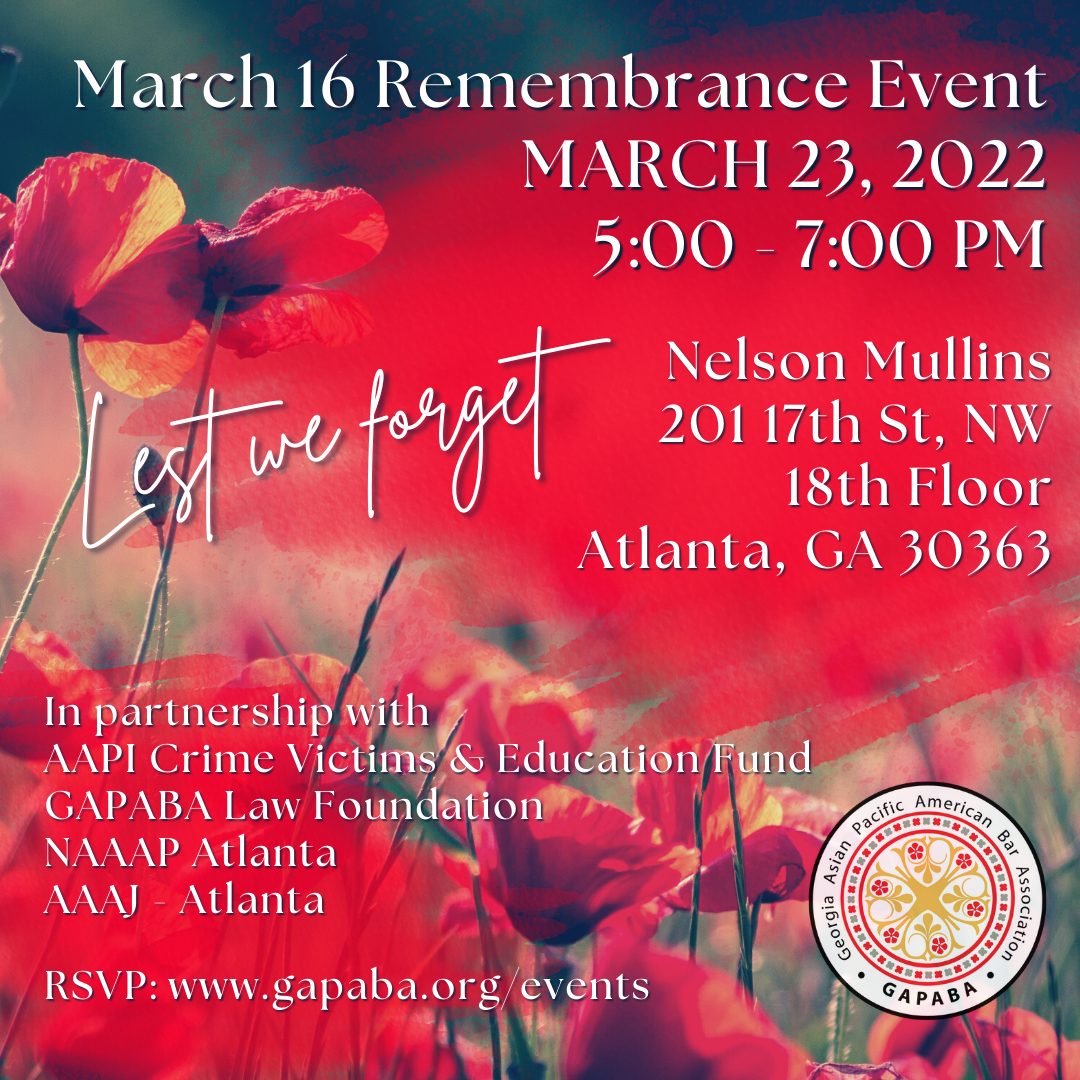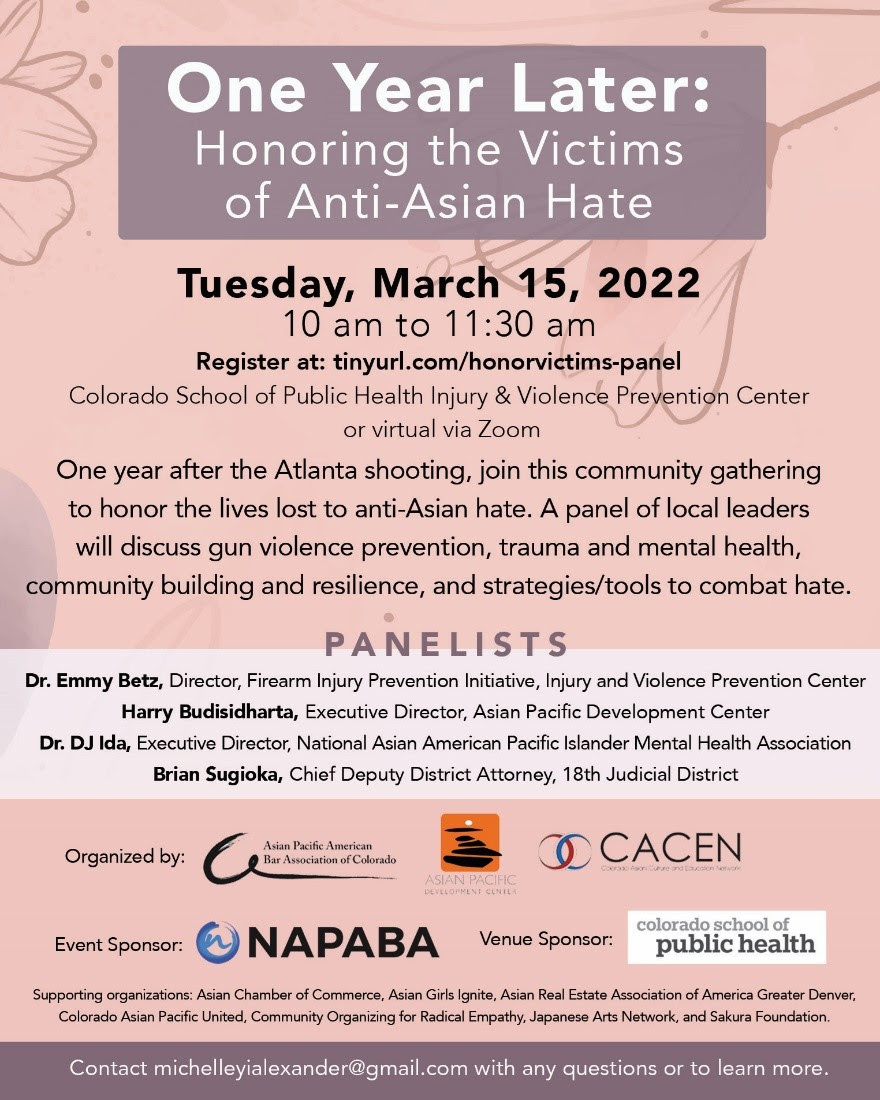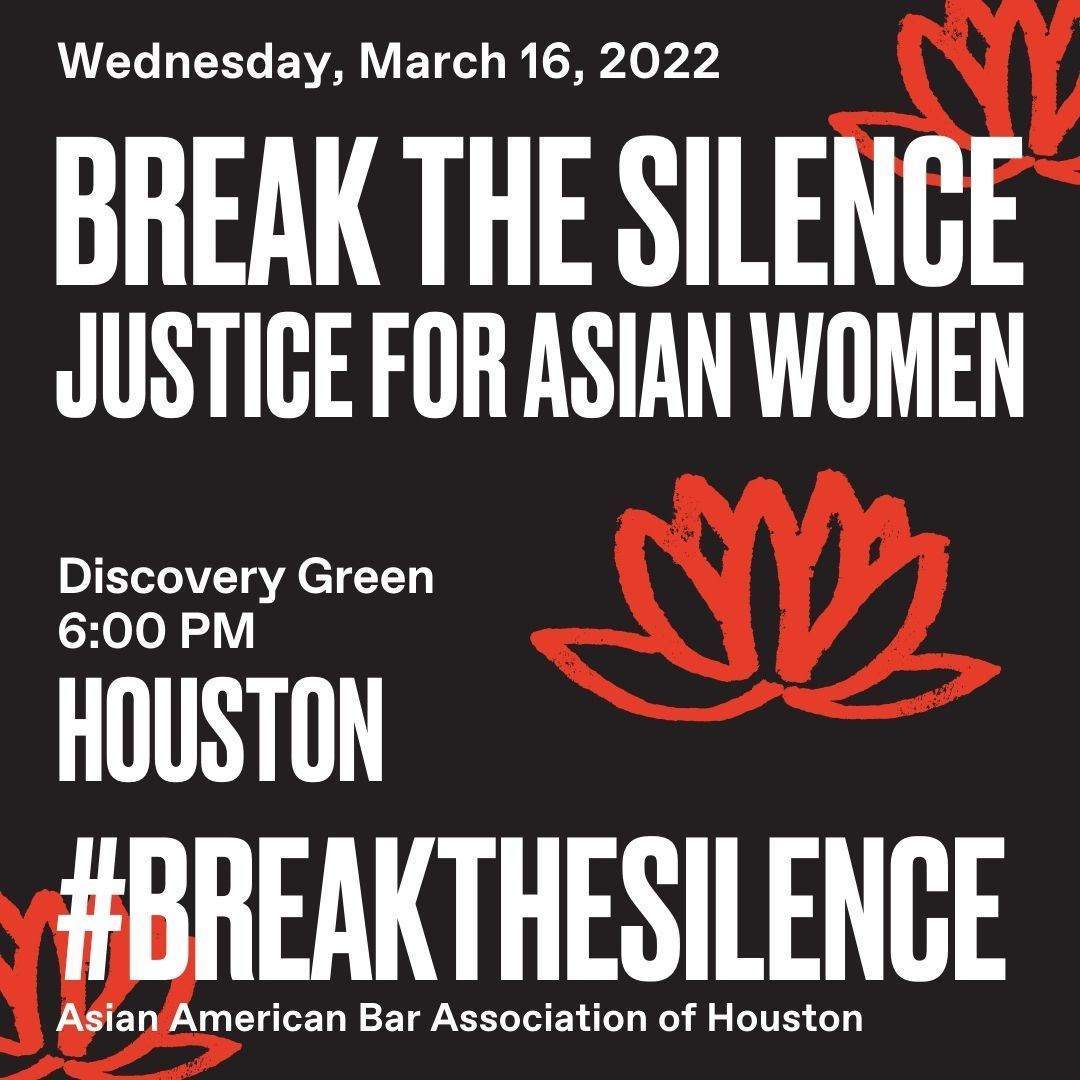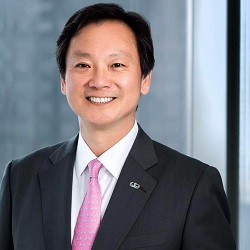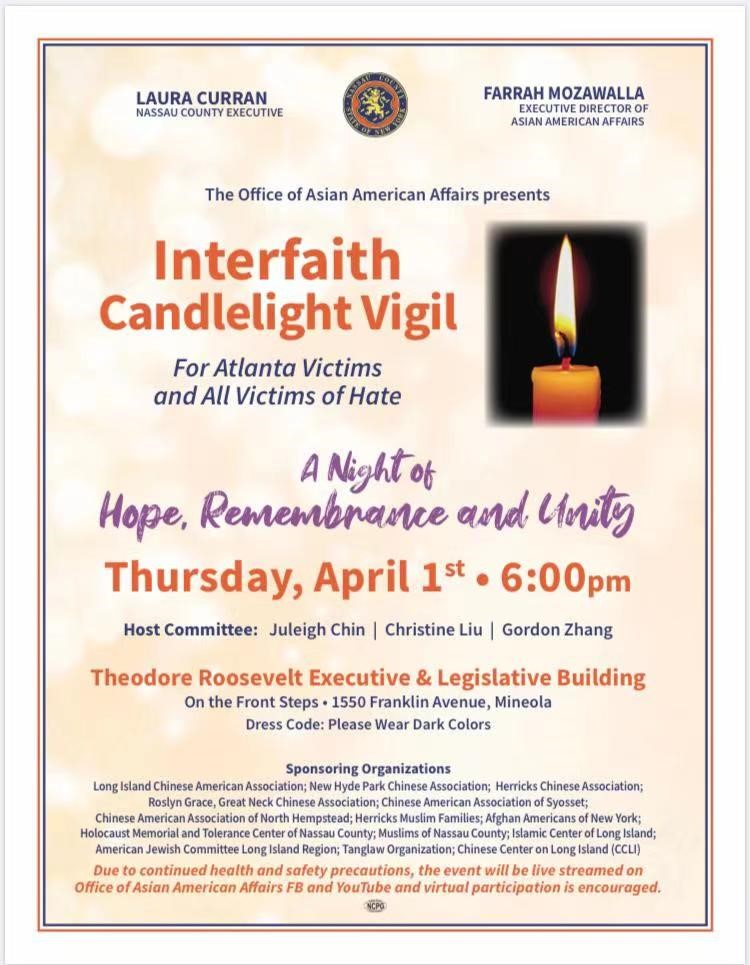On May 31, 2022, AABANY released its second report on anti-Asian hate and violence in New York City, entitled Endless Tide: The Continuing Struggle to Overcome Anti-Asian Hate in New York. The report examines the increased incidents of violence against Asian Americans in 2021 and proposes solutions to combat the lack of justice. Endless Tide is dedicated to the memory of Vincent Chin, a Chinese American autoworker murdered 40 years ago in an act of racial violence outside of Detroit.
AABANY held a press conference on the morning of May 31 at the offices of Paul, Weiss in midtown Manhattan. Remarks were delivered by Eva Zhao, the widow of Zhiwen Yan, the delivery worker who was murdered in Forest Hills.
“I want justice.” said Eva Zhao. “I really don’t want to see another family go through the same kind of pain.”
(On June 1, Glenn Hirsch was arrested on charges of murdering Zhiwen Yan.)
AABANY was also joined by numerous elected officials and community leaders including Council Member Sandra Ung, State Senator John Liu, Assembly Member Ron Kim, Partner at Paul, Weiss and former United States Attorney General Loretta Lynch, and Regional Director New York/New Jersey for the ADL Scott Richman.
“We can make people safe, We can make people feel welcomed in their communities. We can give them peace and security.” Loretta Lynch noted. “We can eliminate this hate that is based on nothing more than a distinction without a difference.”
Endless Tide has received widespread coverage in the media since its release. The report has been cited by more than a dozen different publications to date, including CNN, CBS News, NBC News, and the New York Law Journal:
- June 15, 2022, CNN: Woman wanted for allegedly attacking 4 people with pepper-spray and making anti-Asian remarks in Manhattan
- June 13, 2022, AsAMNews: Manhattan DA fights soft on crime label
- June 10, 2022, Bloomberg Law: Why Paul Weiss Is the Pro Bono Go-To for Victims of Asian Hate
- June 7, 2022, BeFM Morning Wavein Busan: Special Interview – Hate Crimes against Asian Americans in the U.S. (Prof. Elaine Chiu)
- June 3, 2022, NBC News: Only 3% of reported attacks on Asian Americans led to hate crime convictions, new report says
- June 2, 2022, The South Asian Times: AABANY report laments absence of sustained efforts to stem anti-Asian violence
- June 1, 2022, NextShark: Only 3% of reported anti-Asian attacks in NYC led to hate crime convictions, new report finds
- June 1, 2022, Poughkeepsie Journal & lohud (same article): Attacks against Asian American New Yorkers rarely end in guilty verdicts, report finds
- May 31, 2022, Gothamist: Citing recent attacks, Asian American Bar Association pushes for more bail reform rollbacks
- May 31, 2022, CNN: Only 7 of 233 reported attacks against Asian Americans in NYC in 2021 led to hate crime convictions, new report says
- May 31, 2022, New York Law Journal: New York’s Asian Community Faces ‘Endless Tide’ of Hate Crimes
- May 31, 2022, Law360: Anti-Asian Hate Incidents Rose In 2021, NY Bar Assoc. Says
- May 31, 2022, CBS News: New report criticizes rate of convictions in crimes with Asian victims in New York City
- May 31, 2022, News Channel 3: New report due out today on anti-Asian violence and hate crimes in New York City
AABANY thanks everyone who made this project possible. Special thanks to NAPABA for selecting AABANY as a recipient of its 2022 Affiliate Grant Program. The NAPABA Affiliate Grant Program supports affiliates and national associates in carrying out activities to further their missions and goals. To read the full report, please click on the image above. To view the press conference, please click here.



